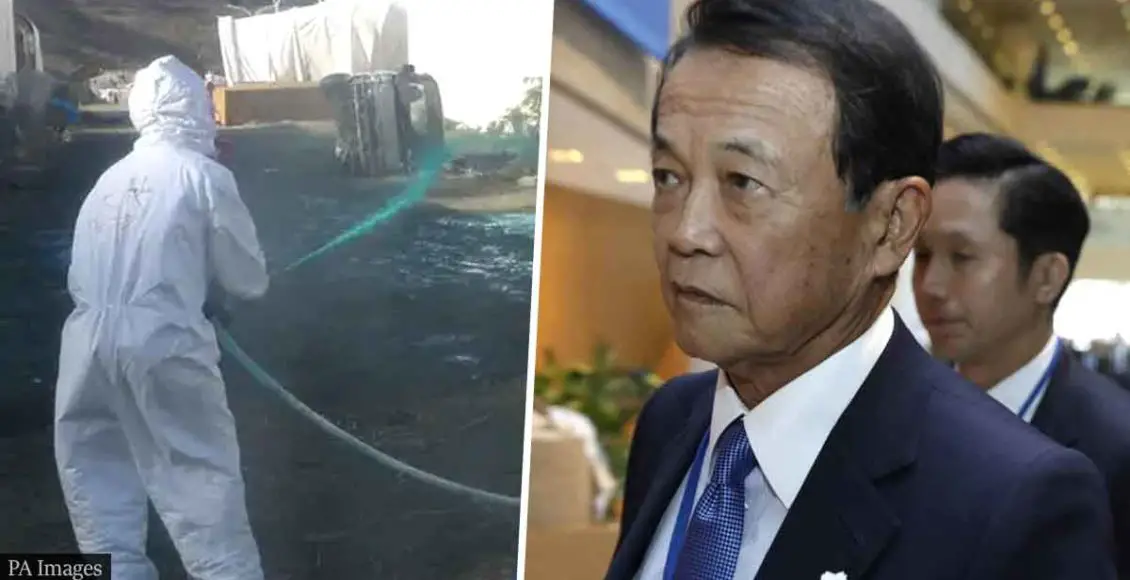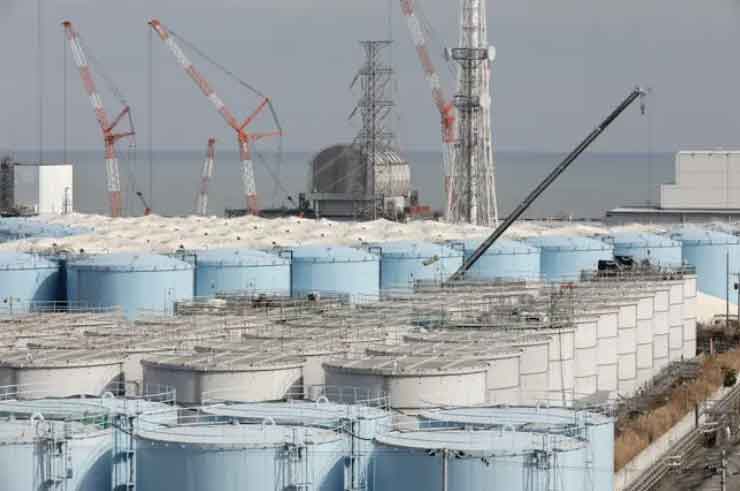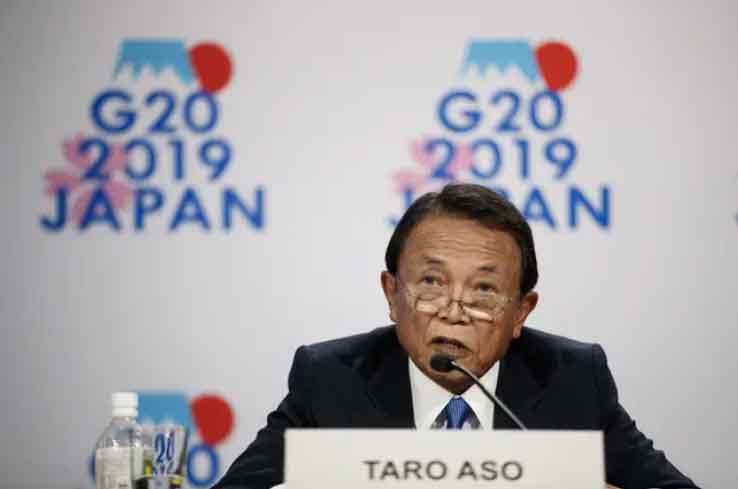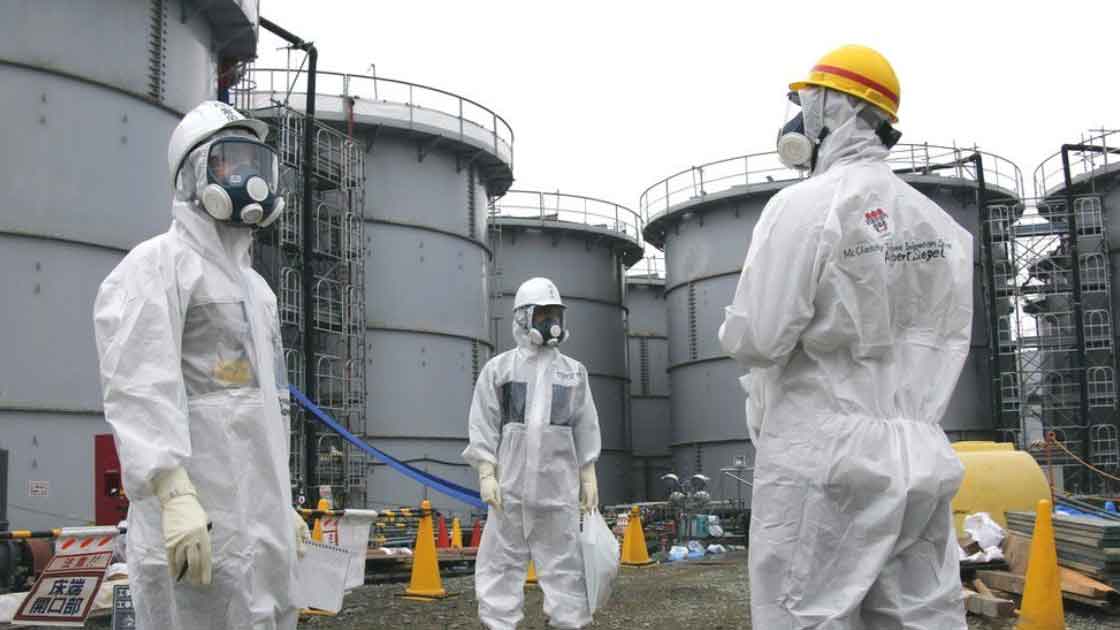China asks Japanese Deputy PM to DRINK the Fukushima Water After He Said It Was Safe

“Please drink it” – China asked the Japanese Deputy PM to “drink” the Fukushima water after he claimed it was safe.
- China criticized Japan for deciding to dump one million tonnes of water from the Fukushima nuclear plant into the ocean.
- Chinese spokesman Zhao Lijian asked the Japanese Deputy PM to “drink” the water after he said it was safe.
- Scientists claim the radioactive elements in the water will only be harmful to humans in large doses.

China slammed Japan after Prime Minister Yoshihide Suga stated his decision to release more than one million tonnes of toxic water from the Fukushima nuclear plant into the Pacific Ocean.
As UNILAD reports, China’s foreign ministry fears that dumping the Fukushima water into the ocean would “seriously damage international public health and safety, and the vital interests of people in neighboring countries.”
China called the move “extremely irresponsible.”
On Tuesday, April 13, Japan’s Deputy Prime Minister Taro Aso said at a press conference:
“I have heard that we will have no harm if we drink [the water].”

In response, Chinese Foreign Ministry spokesman Zhao Lijian asked Aso to taste the water since he insists it should be safe. As The Mainichi reveals, Lijian told reporters:
“A Japanese official said it is okay if we drink this water, so then please drink it.”
The spokesman added: “Japan should not forget the historical tragedy.”
Lijian said the government must reconsider its decision. Referring to the Minamata disease, which was caused by the release of methylmercury in the industrial wastewater from a Japanese chemical factory, he said:
“The pain of the local victims is yet to be healed.”
The Chinese spokesman added:
“To safeguard international public interests and Chinese people’s health and safety, China has expressed grave concern to the Japanese side through the diplomatic channel.”
Environmentalists are also opposing the discharging of radioactive water into the ocean.
In October 2020, Greenpeace released a statement, warning Japan’s government that the toxic water contains a radioactive substance that could damage human DNA.
To avoid a potential disaster, they offered an “acceptable solution” to the issue:
“The only acceptable solution is continued long-term storage and processing of the contaminated water. This is logistically possible, and it will allow time for more efficient processing technology to be deployed as well as allowing the threat from radioactive tritium to diminish naturally. “

However, the International Atomic Energy Agency(IAEA) backed up Japan’s plan to release the water into the Pacific ocean. As per BBC, Rafael Mariano Grossi, IAEA’s director, said:
“Releasing into the ocean is done elsewhere. It’s not something new. There is no scandal here.”
According to scientists, the radioactive elements remaining in the water will only be harmful to humans in large doses. Therefore, the risk is “scientifically undetectable.”
The experts also called attention to the fact that in the 1940s, 1950s, and 1960s, the US, France, and the UK have released vastly more radiation into the pacific following nuclear weapons tests.

